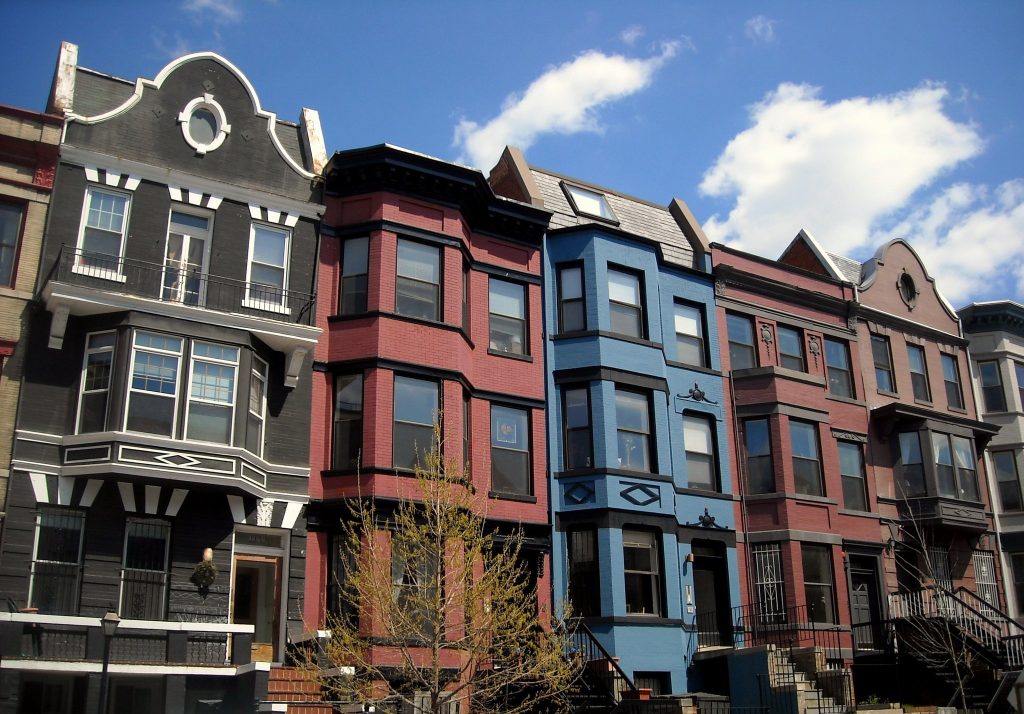Dive Brief:
-
High-end real-estate firms trying to expand their listings’ reach are increasingly turning to search-engine optimization (SEO) and specialists in the field, according to The Wall Street Journal.
-
Firms can lift their listings’ status in internet search results by including the most commonly used, market-specific keywords, with terms such as “acre” and “acreage,” “view” and “outdoors,” and variations on “custom.” Language describing amenities, size and views were the most popular.
-
One Charleston, SC–based luxury broker told The Journal that his firm has a full-time digital specialist to craft blog posts with vocabulary to boost SEO. That position, he said, helped grow revenues 300% in three years.
Dive Insight:
As more prospective buyers take to the internet for the home search process, an increasing number of builders and real estate agents are taking their products online. That’s fueling heightened competition when it comes to what offerings consumers see first. Though 88% of homebuyers in 2016 worked with a real estate agent to seek out the property they would later purchase, roughly half (44%) used the internet for research first.
While certain keywords can help give a listing more online exposure to potential buyers, better SEO can also help move homes at a higher price. In Zillow’s analysis of 24,000 home sales, lower-end ones labeled “luxurious” often outsold their expected price by 8.2%. Higher-end homes called “captivating” tended to outdo their expected price by 6.5%.
Word choice is critical when it comes to how businesses and their products are described to potential buyers. Zillow found that words such as “potential,” “fixer” and “TLC” tended to have a negative effect on listings’ final sale prices.
In an analysis of more than 1 million sales closed in 2016, CoreLogic found that certain descriptors had positive or negative effects on home listings and how much time they spent on the market. Phrases such as “fenced backyard,” “open concept,” “natural light” and “updated kitchen” had the greatest favorable effect on home sales. Words that suggested less-affordable properties, such as “gourmet kitchen,” “ceramic tile,” “golf course” and “custom built” spent more time on the market.

